Waking up feeling groggy, disoriented, or unusually tired, even after a full 8 hours of sleep, might leave you wondering: am I truly well-rested, or just sleeping heavier?
With the rise in use of weighted blankets, deep pressure therapy, and sleep aid gadgets, it’s easy to confuse the sensation of “deep” or “heavy” sleep with what really matters: sleep effectiveness. In this article, we’ll unpack the difference between better sleep vs deeper sleep, how weight impacts sleep, and the surprising ways products like the Azure Ocean Flo Weighted Blanket and Forest Grove Flo Weighted Blanket by Doozie are transforming the way we approach rest and relaxation.
The Illusion of “Good” Sleep
Not all sleep is created equal. Many of us fall into the trap of believing that the longer we sleep, or the “heavier” we sleep, the more rejuvenated we should feel. But here’s the truth, long, uninterrupted, deep sleep doesn’t always translate to restorative sleep.
You may have experienced nights where you slept soundly for 9 hours but still woke up with fatigue clouding your morning. That’s because true rest involves far more than the duration of sleep. It's about sleep quality, a delicate balance of sleep cycles, nervous system regulation, and emotional calmness.
Understanding Sleep Quality vs Sleep Quantity
Let’s break it down:
-
Sleep quantity refers to how long you sleep.
-
Sleep quality measures how effective that sleep is in helping your body and mind recover.
High-quality sleep includes cycling through all stages of sleep, especially deep and REM stages, without too many disturbances. If you’re constantly in light sleep, or you’re stuck too long in deep sleep without hitting REM, your rest may be incomplete, even if it feels “heavy.”
Better sleep vs deeper sleep is not about choosing one over the other, it’s about finding harmony. Deeper sleep can feel intense, but if it skips key restorative elements like REM (which consolidates memories and regulates mood), it may actually leave you feeling foggy and unrested.
What Is “Heavy” Sleep?
“Heavy sleep” usually means spending a long time in deep sleep (also called slow wave sleep). In this stage, your body stays still, brain activity slows down, and it’s harder to wake up.
Deep sleep is essential for muscle repair and boosting your immune system. But if you spend too much time here without moving through the other stages, waking up can be tough. You might feel groggy, almost like you’ve been “drugged” by sleep.
Stress or anxiety can sometimes push the body into longer deep sleep phases as a form of recovery. Weighted blankets, on the other hand, may also promote deeper sleep, but without the right balance of REM and light sleep, even this can leave you feeling less refreshed.
How Do Weighted Blankets Factor In?
Weighted blankets, particularly those designed for therapeutic use, have surged in popularity due to their potential to calm the nervous system through deep pressure stimulation.
Doozie’s Azure Ocean Flo and Forest Grove Flo are crafted with optimal weight distribution and breathable materials, making them ideal for promoting relaxation without overheating or over-sedation.
Here’s how they work:
Deep Pressure Therapy
The gentle weight of a well balanced blanket mimics the sensation of a comforting hug, triggering serotonin release, reducing cortisol, and encouraging melatonin production. This trifecta sets the stage for natural, stress-free sleep initiation.
Nervous System Regulation
By reducing the fight-or-flight response, weighted blankets help shift the body into a parasympathetic (rest and digest) state. This allows the heart rate to slow, muscles to relax, and the mind to quieten, key elements for effective sleep.
But here’s the nuance: just because a weighted blanket helps you fall into a deep sleep doesn’t always mean that the sleep is high-quality. If used improperly (wrong weight, too much coverage, or lack of breathability), it can cause over sedation, making you feel “heavier” rather than “better.”
Signs You’re Sleeping Heavier, Not Better
Heavier sleep often feels like being trapped in a fog. While your body may have been deeply at rest, your brain may not have processed emotions or cleared memory clutter effectively.
Here are common signs you’re sleeping heavier, not better:
-
You wake up feeling tired despite sleeping 7-9 hours.
-
You experience vivid dreams or nightmares with no emotional relief.
-
You feel sluggish or “hungover” in the morning.
-
You struggle with focus or irritability during the day.
-
You consistently oversleep, yet feel unrested.
These signs point to low sleep effectiveness, meaning your sleep cycles aren’t delivering the full spectrum of recovery your body and brain need.
Signs of Truly Restorative Sleep
In contrast, here’s what effective, high quality sleep looks and feels like:
-
You wake up feeling alert and emotionally balanced.
-
You fall asleep easily and stay asleep without tossing and turning.
-
You rarely wake up in the middle of the night.
-
Your body feels light and mobile upon waking.
-
Your thoughts are clear and focus comes naturally during the day.
This kind of sleep,calm, cyclical, complete, is what weighted blankets like the Forest Grove Flo Weighted Blanket are designed to support, by working with your body’s natural rhythms, not against them.
Improving Sleep Quality Over Just Sleep Depth
So how do you move from just sleeping heavily to sleeping better?
1. Choose the Right Blanket Weight
Weight impact on sleep is real, too heavy a blanket can over-stimulate deep sleep while suppressing other stages. Doozie recommends selecting a weighted blanket that is about 8% - 12% of your body weight to strike the right pressure balance.
2. Prioritize Sleep Hygiene
-
Avoid screens 1 hour before bedtime.
-
Sleep in a cool, dark, distraction-free room.
-
Stick to a consistent sleep-wake cycle.
3. Practice Nervous System Regulation
Simple breathwork or light yoga before bed can prime the nervous system to relax naturally, so your body doesn’t overcompensate with deep sedation.
4. Invest in High-Quality Sleep Tools
A blanket like the Azure Ocean Flo Weighted Blanket isn't just a cozy layer, it’s a therapeutic tool designed to enhance relaxation, emotional grounding, and sleep rhythm balance.
FAQs
Q1: Are heavier blankets always better for sleep?
Not necessarily. A weighted blanket that’s too heavy can feel oppressive and trigger overheating or discomfort. It's vital to choose a weight that supports nervous system regulation without sedating the body excessively.
Q2: Can you use a weighted blanket every night?
Yes! If used correctly, a high quality weighted blanket in India like those from Doozie can be used nightly to promote deep pressure therapy, calm the nervous system, and support anxiety relief.
Q3: How long does it take to see the benefits of a weighted blanket?
Most users report improved sleep within 5–7 days, while others notice immediate effects like easier sleep onset and reduced tossing and turning.
Q4: Is deeper sleep always good sleep?
No. Without proper sleep cycles, especially REM, too much deep sleep can leave you feeling groggy or emotionally unprocessed. True rest requires balance across all sleep stages.
Conclusion:
It’s easy to be fooled by the sensation of sleeping like a log. But if you're waking up feeling heavy, groggy, or emotionally drained, you're not truly getting better sleep, just deeper, less effective rest.
Weighted blankets like the Azure Ocean Flo Weighted Blanket and Forest Grove Flo Weighted Blanket from Doozie aren’t just cozy accessories, they are crafted to support restorative, regulated sleep that works with your body, not against it. By tapping into the power of deep pressure therapy, calming the nervous system, and nurturing healthy sleep cycles, they help you shift from just sleeping heavier to truly sleeping better.
Because when it comes to your health, energy, and emotional wellbeing, the quality of your sleep matters far more than the quantity.


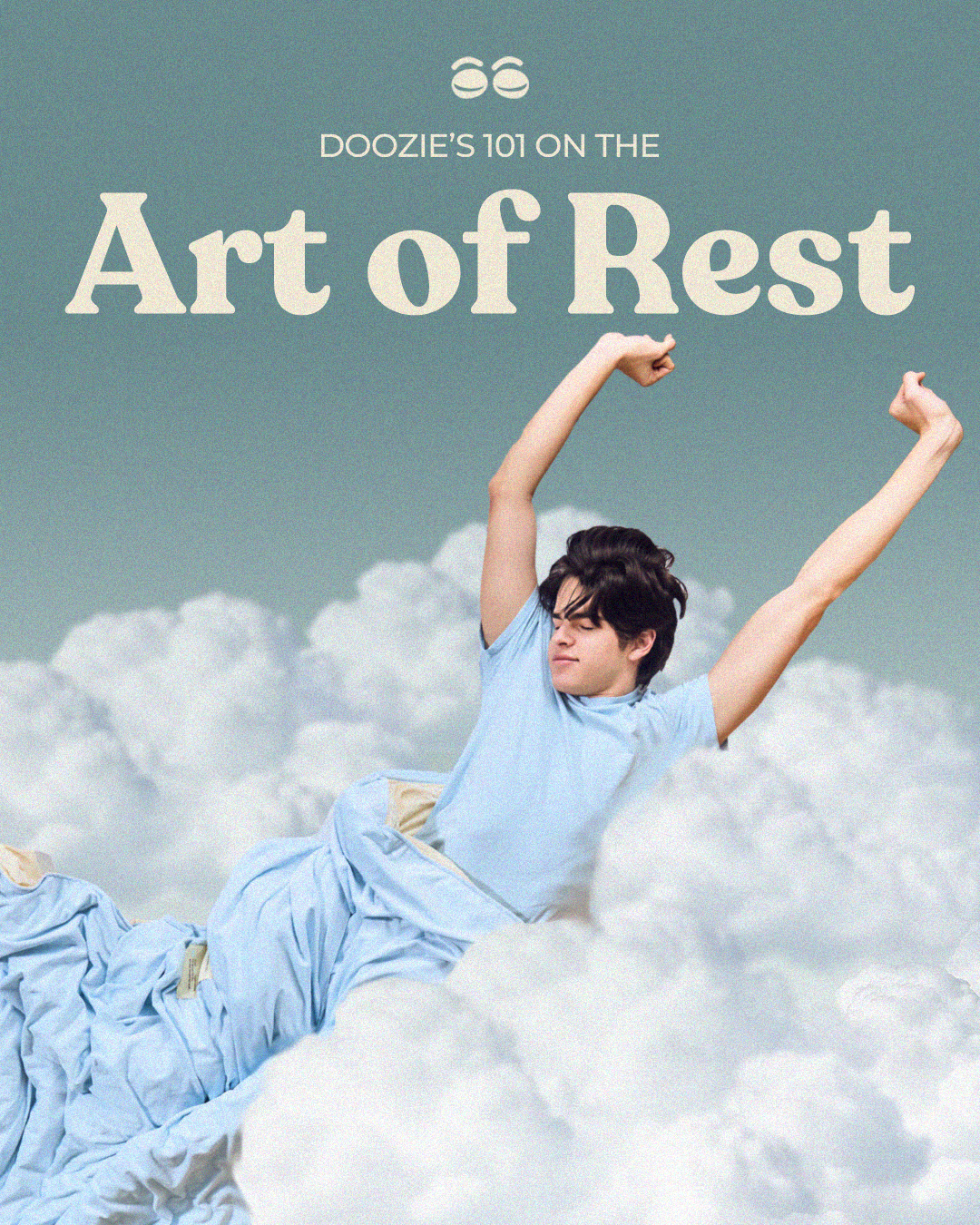


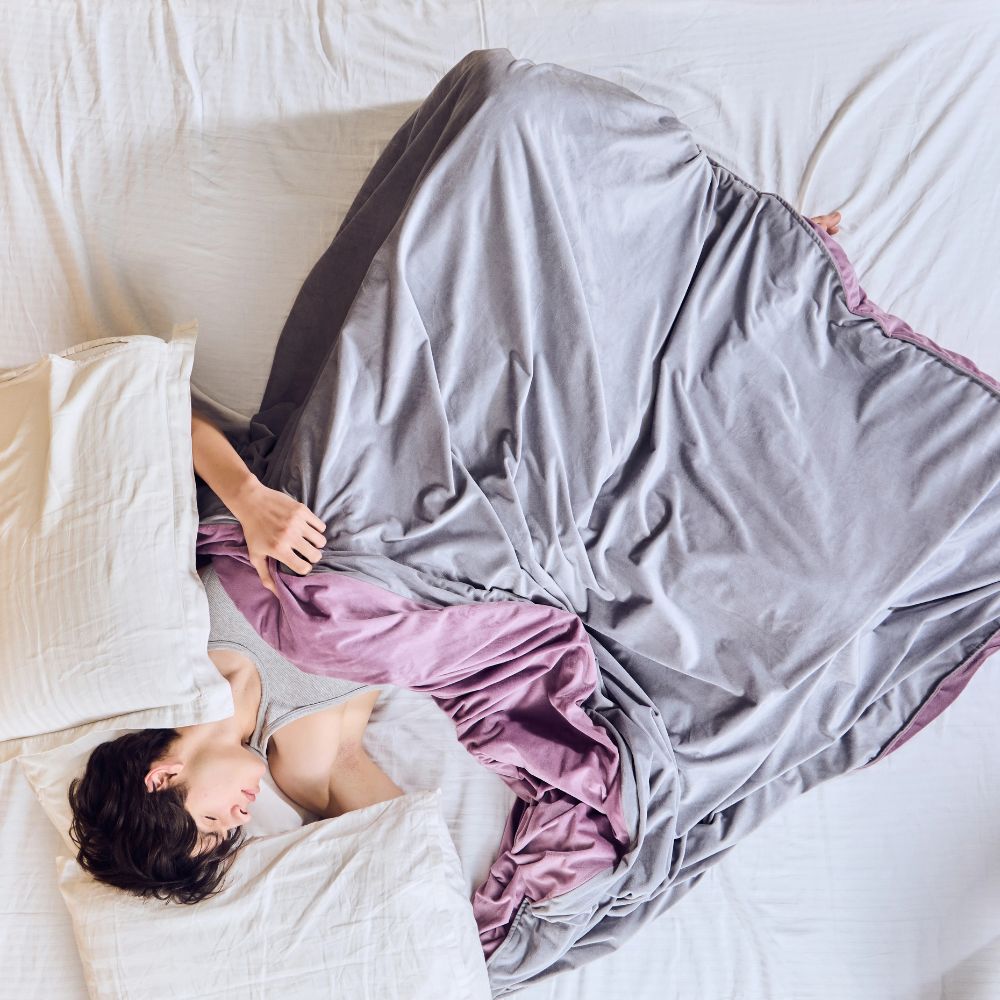

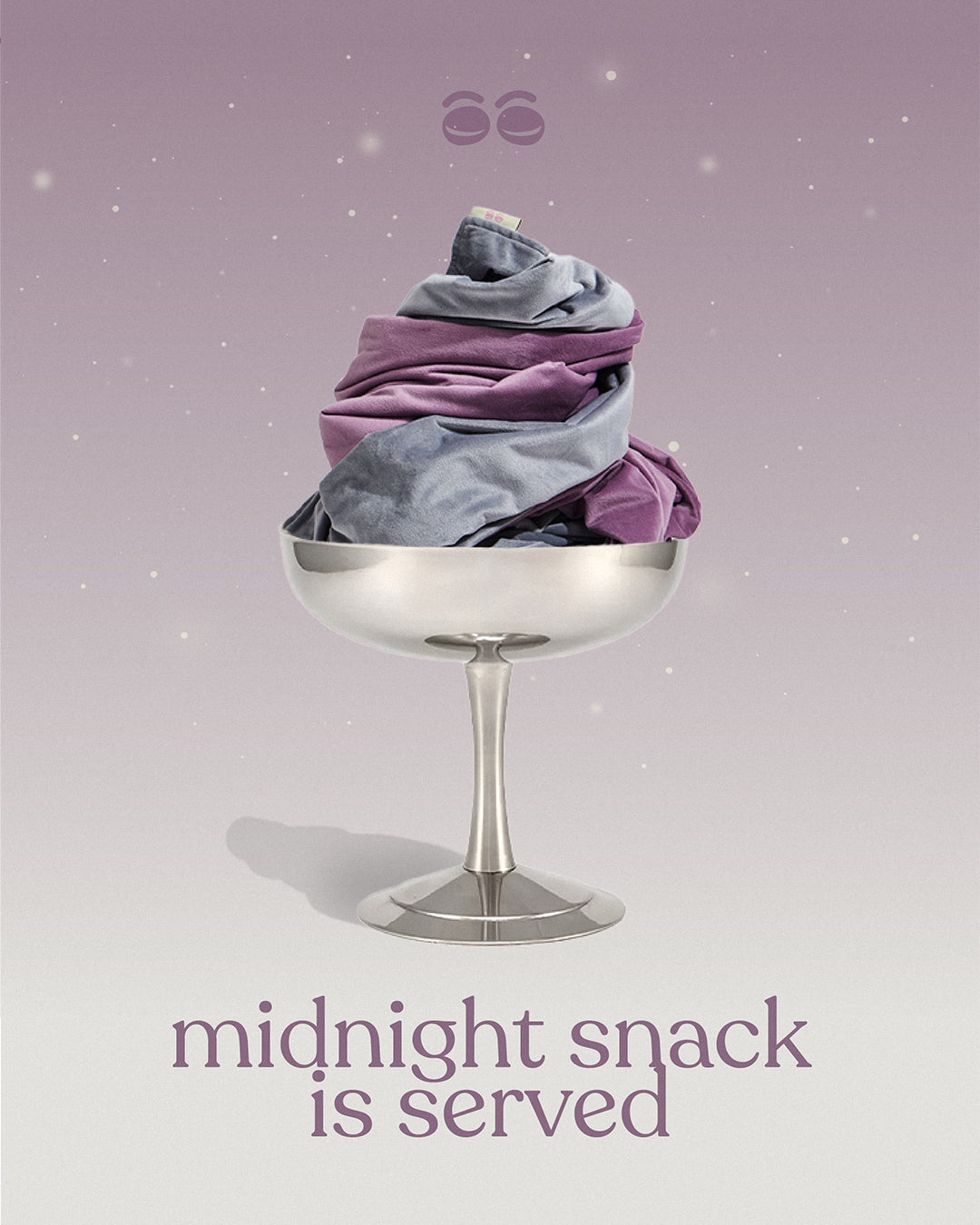
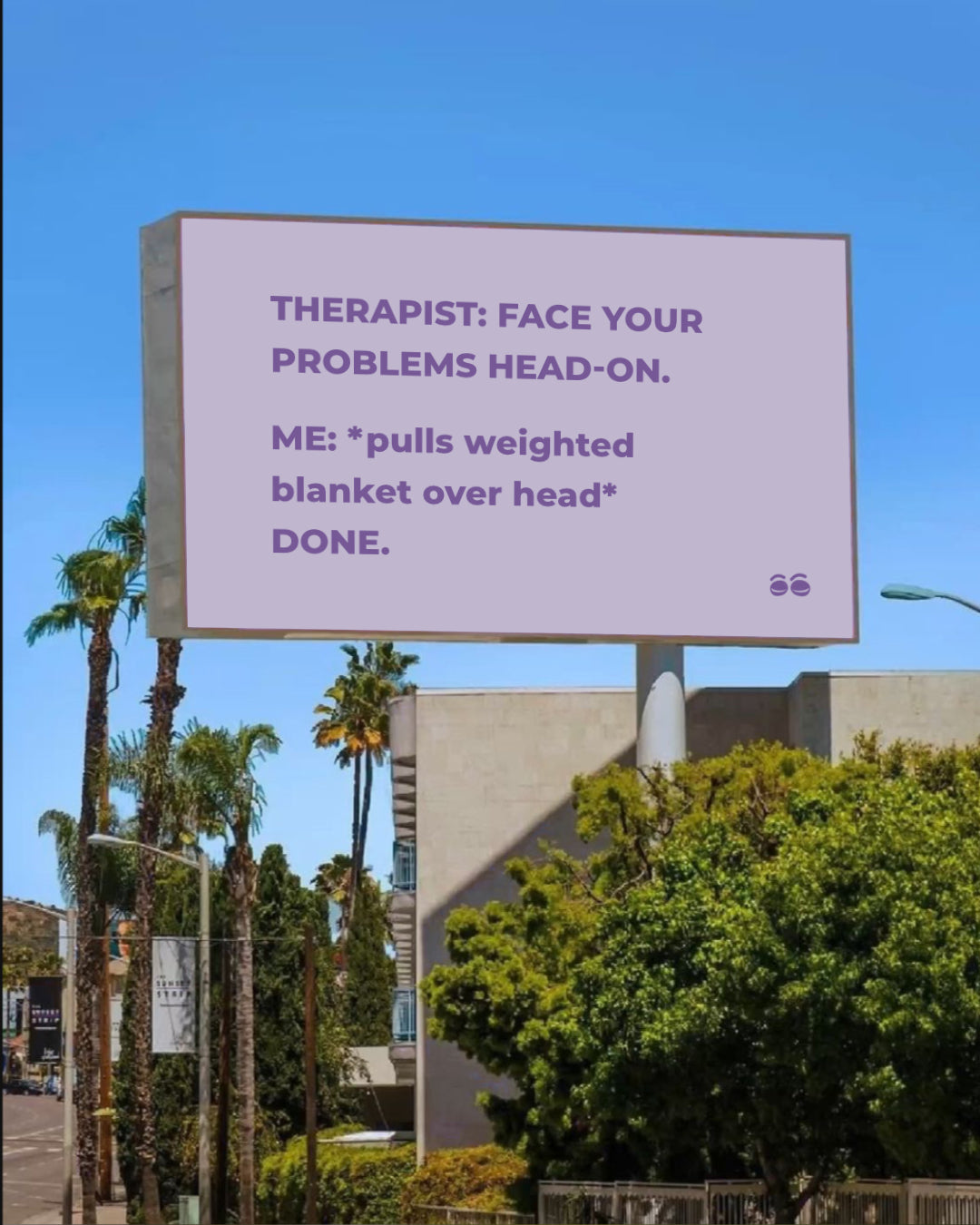
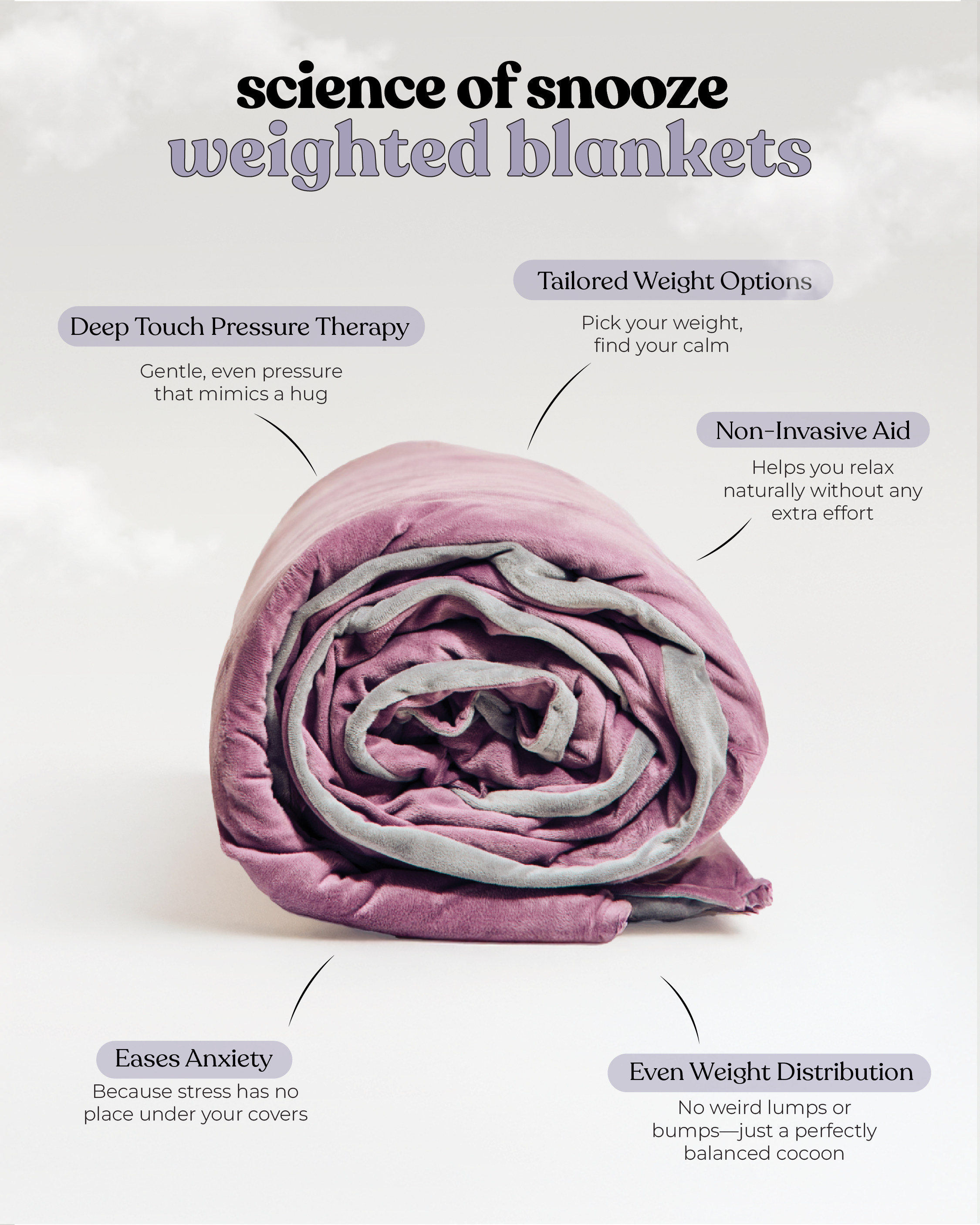
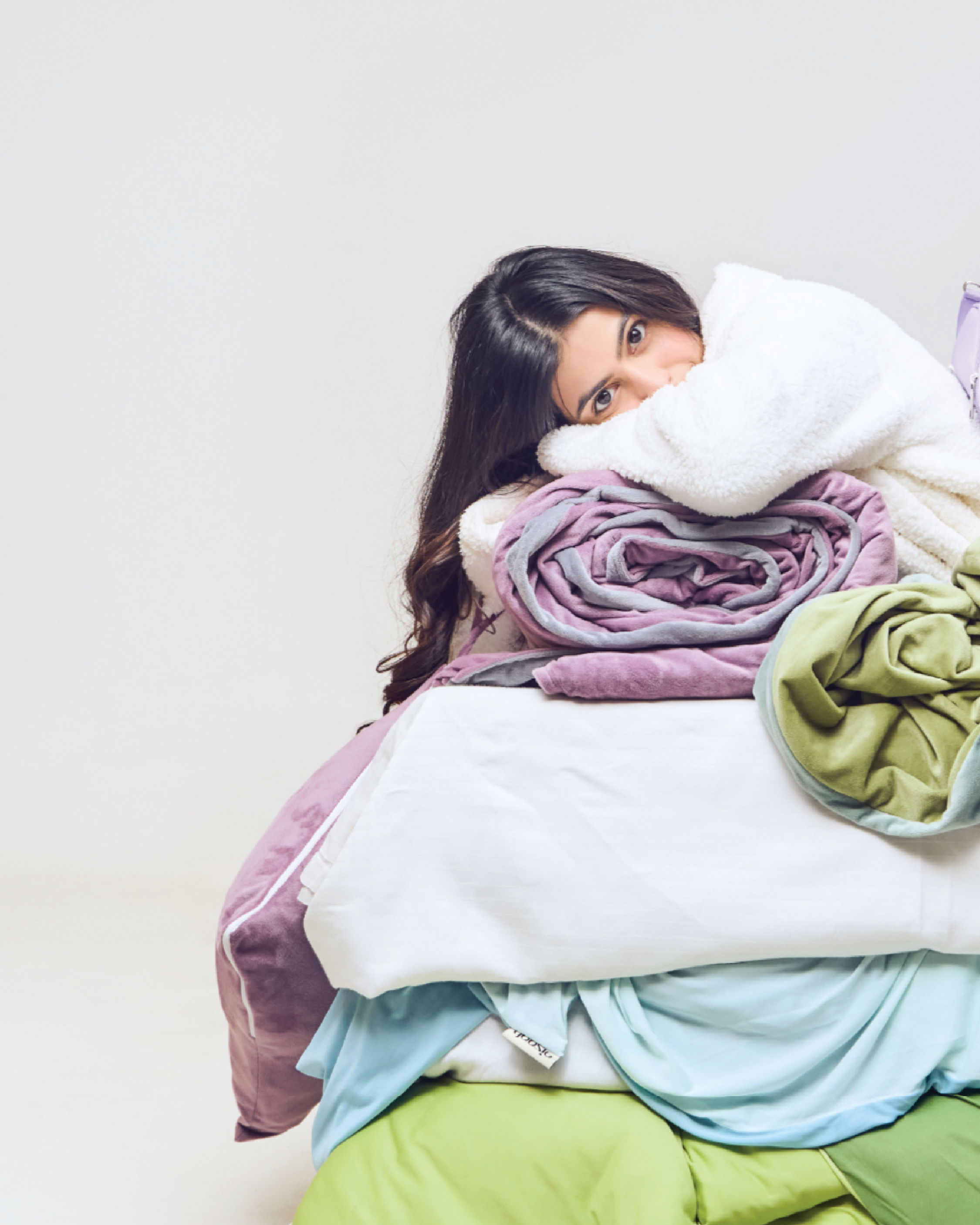






Share:
Can Weighted Blankets Regulate Your Nervous System?
Can Sleep Tools Really Heal the Nervous System?